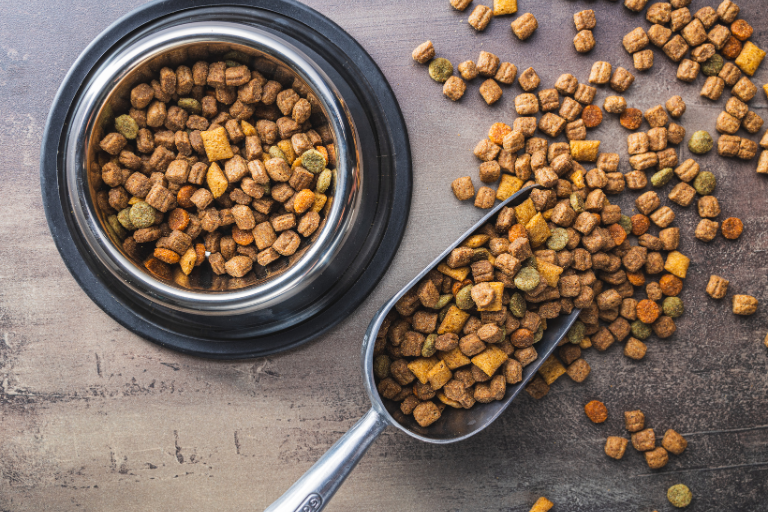Probiotics and prebiotics play a vital role in promoting digestive health and overall well-being in pets. As the demand for pet food with probiotics and prebiotics increases, it becomes crucial for manufacturers to prioritize the safety and efficacy of these ingredients. This article explores the measures that pet food manufacturers can undertake to ensure the quality, safety, and effectiveness of probiotics and prebiotics in pet food. By implementing these steps, manufacturers can provide pet owners with reliable and beneficial products that support their pets’ digestive health.
Table of Contents
Understanding Dog Food With Probiotics and Prebiotics
Maintaining a healthy gut is essential for the overall health and well-being of pets. Probiotics are live microorganisms that confer health benefits when consumed in adequate amounts. They help restore and maintain a healthy balance of gut bacteria. Prebiotics, on the other hand, are non-digestible fibers that promote the growth and activity of beneficial gut bacteria.
Sourcing High-Quality Probiotics and Prebiotics
To ensure the safety and efficacy of probiotics and prebiotics, pet food manufacturers should establish partnerships with reputable suppliers. These suppliers should adhere to strict quality control measures and provide reliable strains of dog food with probiotics and prebiotics that have been scientifically studied for their efficacy and safety in pets.
Conducting Proper Research and Testing
Manufacturers should conduct thorough research and testing to determine the appropriate strains and concentrations of probiotics and prebiotics for different pet species and life stages. This research should include studies on the stability, viability, and compatibility of these ingredients in pet food formulations. By using evidence-based formulations, manufacturers can ensure the effectiveness of dog food with probiotics and prebiotics in supporting pets’ digestive health.
Quality Control and Manufacturing Processes
Implementing rigorous quality control measures throughout the manufacturing process is essential to ensure the safety and efficacy of probiotics and prebiotics. This includes testing raw materials, monitoring production environments, and conducting regular microbial analysis to verify the absence of harmful pathogens and contaminants. Manufacturers should also follow Good Manufacturing Practices (GMP) to maintain high standards of quality and safety.
Packaging and Shelf-Life Considerations
Manufacturers must pay attention to packaging and storage conditions to preserve the viability of dog and cat food with probiotics and prebiotics in pet food. Proper packaging, such as using moisture-resistant materials and incorporating oxygen barriers, can help protect these sensitive ingredients from degradation. Additionally, establishing appropriate expiration dates and storage guidelines ensures that pet owners can utilize the products within their optimal efficacy period.
Transparent Labeling and Consumer Education
Pet food manufacturers should provide transparent and accurate labeling to inform pet owners about the presence of probiotics and prebiotics in their products. Clear and concise labeling should include the specific strains and concentrations of probiotics and prebiotics, enabling pet owners to make informed choices based on their pets’ needs.
In Conclusion

By prioritizing the safety and efficacy of probiotics and prebiotics in pet food, manufacturers can provide pet owners with reliable and beneficial products that support digestive health. Through sourcing high-quality ingredients, conducting proper research and testing, implementing stringent quality control measures, and providing transparent labeling, manufacturers can ensure that pet food with probiotics and prebiotics delivers the desired health benefits. This commitment to safety and efficacy strengthens the bond between pets and their owners, as they can trust in the quality of the products they provide to their beloved pets.








